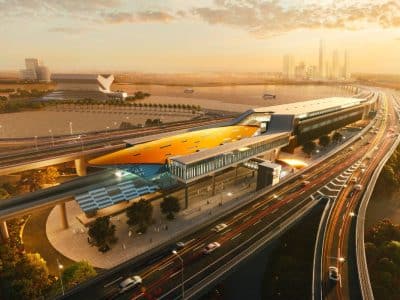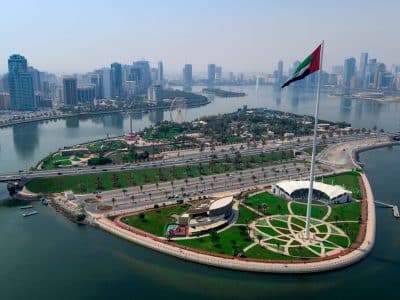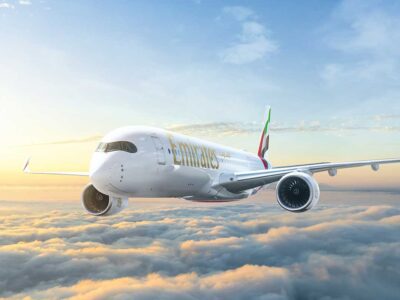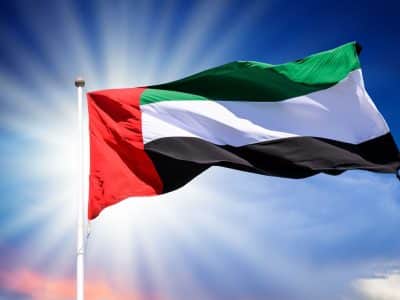A new wave of sanctions imposed by the European Union (EU) this week threaten the future of cash-strapped Syrian Arab Airlines, the national carrier of the embattled country hit by a popular rebellion against President Bashar Al Assad, the operator’s CEO Ghaida Abdullatif said in an interview with Arabian Business.
The EU tightened sanctions against Syria on Monday, adding 29 names to a list that already includes 170 Syrians and companies it deems associated with the regime of Assad and the crackdown on an uprising that began in March of last year.
The 16-month conflict in Syria has claimed over 10,000 lives according to the United Nations, while activists put the toll at over 17,000.
The EU said Syrian Arab Airlines is a “public company controlled by the regime” and “provides financial support for the regime”.
Abdullatif, who has been trying to modernise the carrier’s fleet in the face of existing sanctions that prevented it from concluding a deal with Airbus in the last three years, dismissed the charges.
“They put one line and said it was because of financial reasons, and we haven’t made a profit in two years – in 2010 and 2011 – so how can it support [the government],” she said in an interview from Damascus. “The company lost, in 2010, SYP1.25bn (US$26m) and in 2011 losses exceeded SYP2bn. How can I provide support when I’m losing?”
Abdullatif conceded that the new measures would affect the carrier’s operations. Syrian Air has already cut operations to several destinations
“Of course it will have an impact, and in particular on the people and on 5,400 employees,” she said. “Each one has four or five children, so it will have an impact on a large portion of society.”
“They (the EU) are using double standards and are affecting all the Syrian people. We are a respected company, we have no accidents and abide by all international laws.”
In 2010, Syrian Air turned to Russia to buy planes after plans to buy as many as 50 Airbus aircraft were scuttled because of US sanctions that forbid the sale of aircraft that include US-made parts.
General Electric and United Technologies Corporation, which make aircraft engines, as well as Goodrich Corporation, the world’s biggest supplier of landing gears, are suppliers to Airbus.
Abdullatif said the carrier is close to finalising an agreement to buy six Russian aircraft: three Antonovs and three Tupolev Tu-204SMs.
“We have been in negotiations and are very close to finalising the agreement soon,” she said.
Syrian Air, which was founded in 1946, currently operates six Airbus aircraft and two ATR planes.






